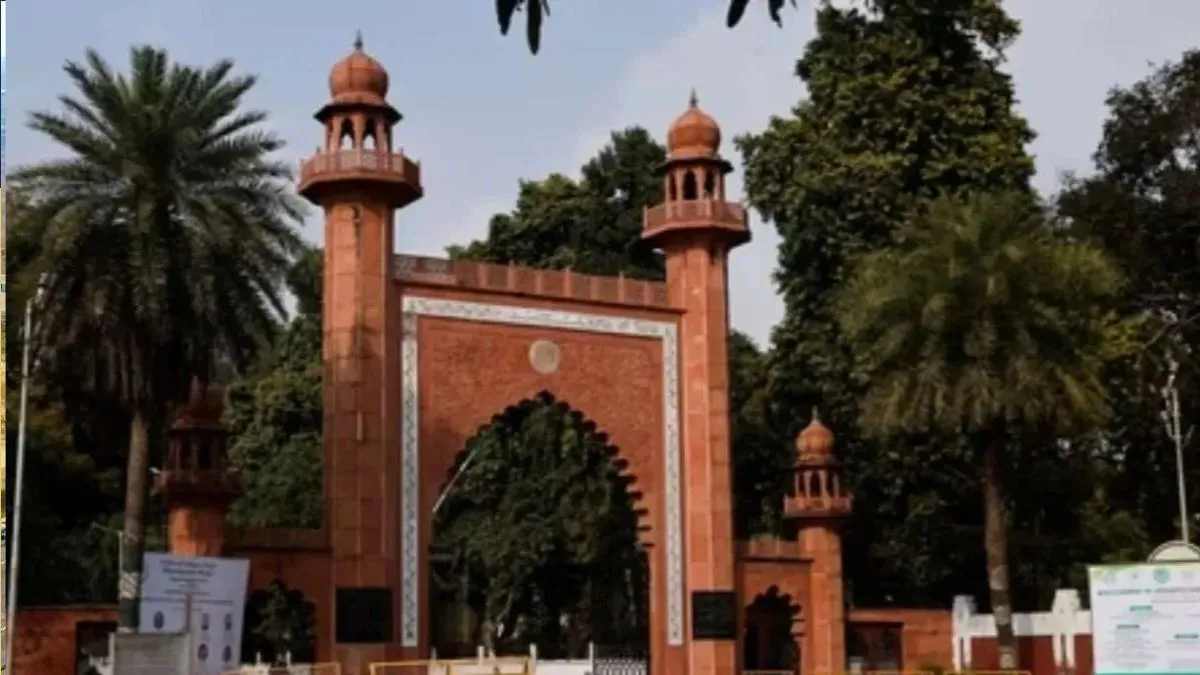- By Imran Zafar
- Tue, 12 Nov 2024 05:22 PM (IST)
- Source:PTI
The Aligarh Muslim University (AMU) denied allegations of religion-based reservations for Muslim candidates in admissions and recruitment, clarifying it follows no such practice. This statement was issued on Monday following the Supreme Court’s decision to form a new bench to reassess AMU’s minority status, overruling a 1967 judgement that declared the institution non-minority due to its foundation through a central law.
University representatives, including Prof Mohammad Asim Siddiqui from AMU’s Public Relations Office, have consistently denied media claims suggesting a reservation system favouring Muslims in admissions or staff recruitment.
"AMU does not reserve seats for Muslim candidates in any courses or recruitment processes," Siddiqui stated, addressing the recent misinterpretations. He explained that AMU maintains an internal quota for students graduating from its own schools, reserving 50 per cent of seats for these candidates based on eligibility criteria, regardless of their religion.
ALSO READ: World's First High-Altitude Para Sports Centre To Be Build In Leh With Focus On 2028 Paralympics
The issue of AMU’s minority status sparked political comments, with Uttar Pradesh Chief Minister Yogi Adityanath referencing the matter at a recent rally. He highlighted AMU’s lack of reservation for backward castes, Scheduled Castes and Scheduled Tribes, questioning why the institution, funded by public resources, would prioritise internal quotas perceived as favouring Muslims.
"Such an institution, which is nurtured by India's resources and runs on public taxes, does not give reservation to the backwards, scheduled caste or tribal people, but is arranging 50 per cent reservation for Muslims," CM Adityanath said.
CM Adityanath argued that public investment should yield broader reservation benefits for disadvantaged groups as outlined in the Constitution, citing provisions for backward castes based on recommendations from the Scheduled Castes-Tribes and Mandal Commission.
The Supreme Court’s recent 4:3 decision, led by former Chief Justice of India (CJI) DY Chandrachud, deferred the minority status issue to a new bench. The judgement overturned the 1967 Azeez Basha verdict, which stated that institutions founded under a statute could not be classified as minority institutions, opening new deliberations on AMU's legal status as a minority entity.
(With PTI Inputs)


